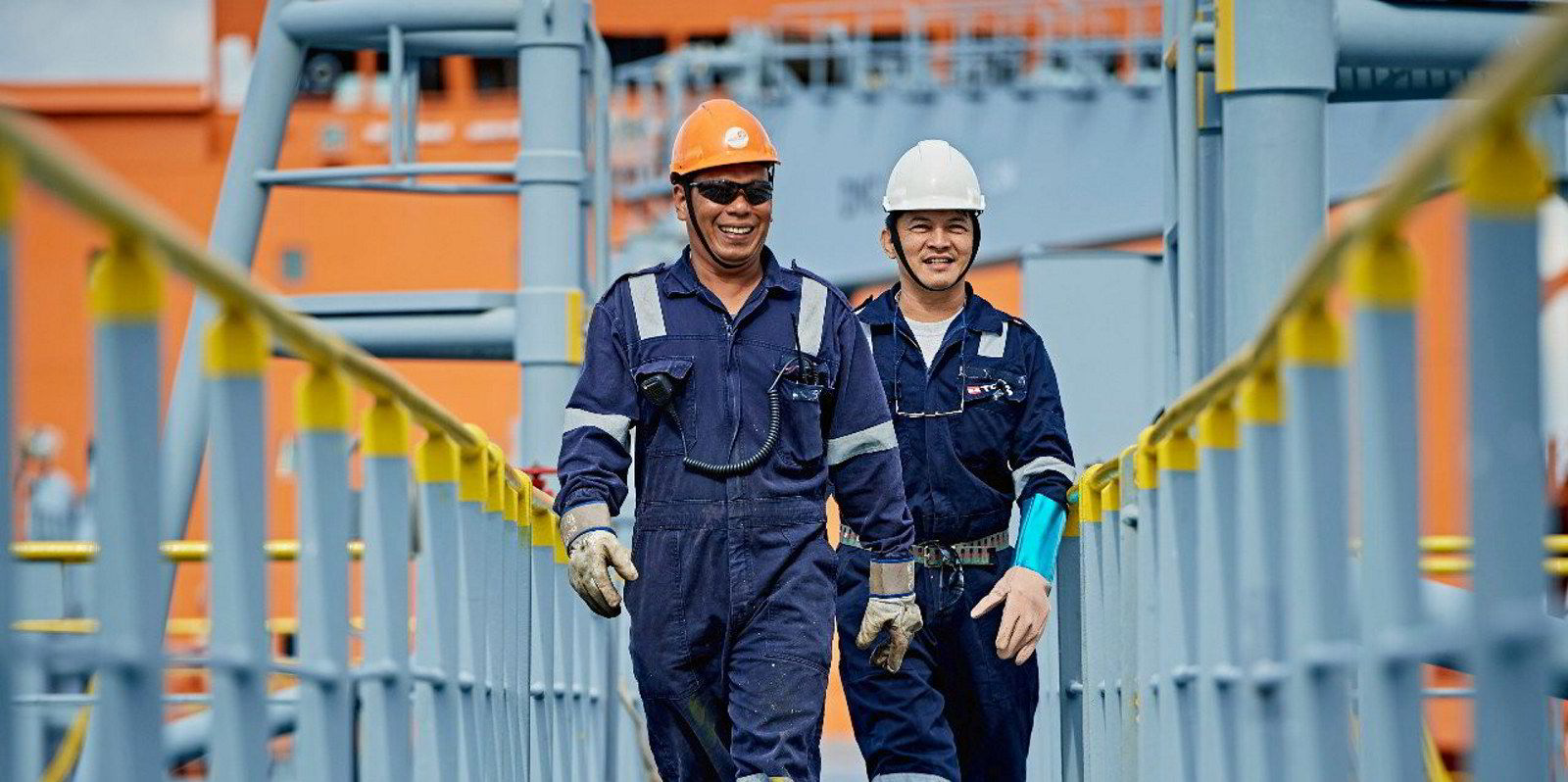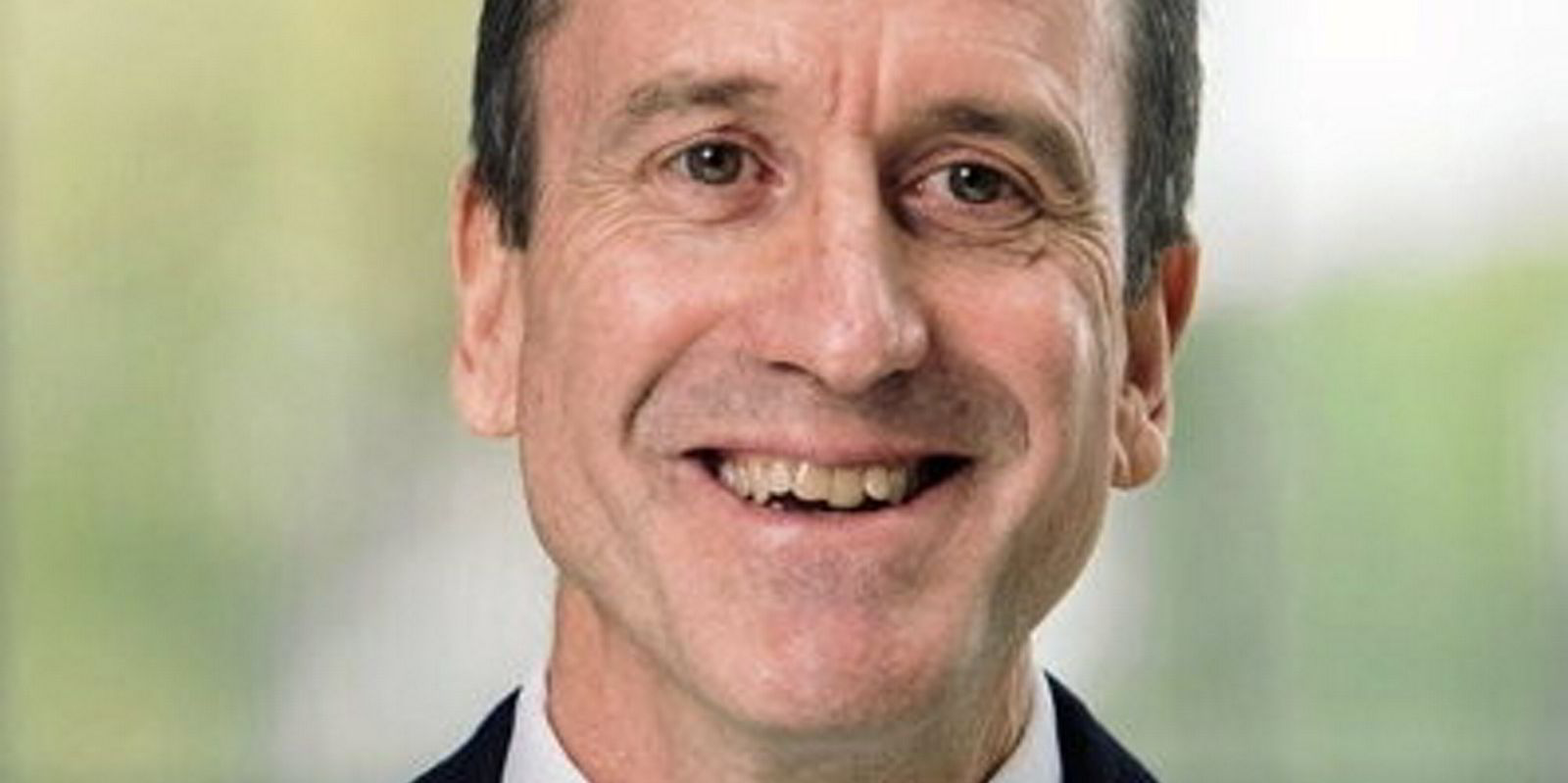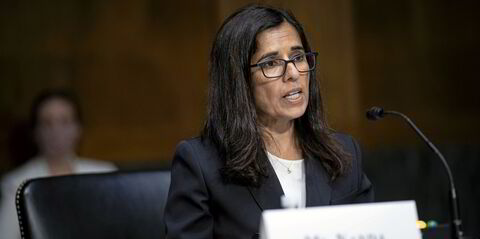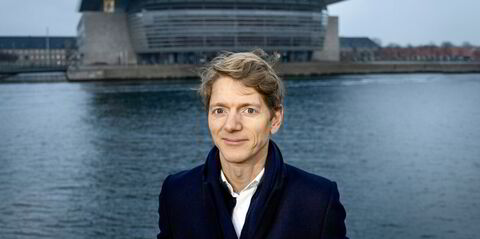There is a “huge” knowledge gap among seafarers expected to handle potentially dangerous low-carbon fuels, a shipping expert has warned.
Peter Schellenberger, founder of maritime consultancy Novamaxis, said in a report prepared by UK shipbroker Alibra Shipping that 700,000 crew members need training in how to work with these new bunkers.
The former Thome and OSM ship management executive said: “This is a critical situation and there is a need for intermediate solutions.”
He pointed out that training firms are preparing courses on how to handle toxic substances like ammonia.
But the consultant added: “Of course, there will be additional costs for owners/managers and the struggle between managers and principals will continue because of the need for continuous upgrading and the debate about who will pay for this.”
Schellenberger argues that crewing has become commoditised, with seagoing staff able to change employers from contract to contract.
Some shipowners manage to keep seafarers through personal relationships or incentives, and may have an easier decision-making process on the long-term benefits of training, he said.
New recruits also now have fewer face-to-face meetings with senior officers following the pandemic, Schellenberger added.
“This increases the need for meaningful online courses and ship/company-specific programmes, even digital twin efforts in the future. New skills will have to be certified and well-documented in the seafarers’ data set and documents for easy verification,” he said.
The Novamaxis founder believes that with strong standards, rules and training, the risks around new fuels may be “reasonable”.
‘Difficult discussions’
“But there will be difficult discussions in the industry once there is the first fatality, no matter what the reason for this may be,” he added.

Schellenberger said the International Maritime Organization and flag states are also working on the issue, but due to their size and multinational nature, they will need time for comprehensive solutions.
“Since the technologies or fuels are already in use and seafarers need to be protected, the industry must come up with self-imposed intermediate solutions for good operations,” he urged.
Schellenberger warned that charterers will eventually only work with vessel owners who comply with either intermediate or regulatory solutions.
“It is likely that tankers and the container industry will lead the way due to their stakeholders,” the consultant said.




